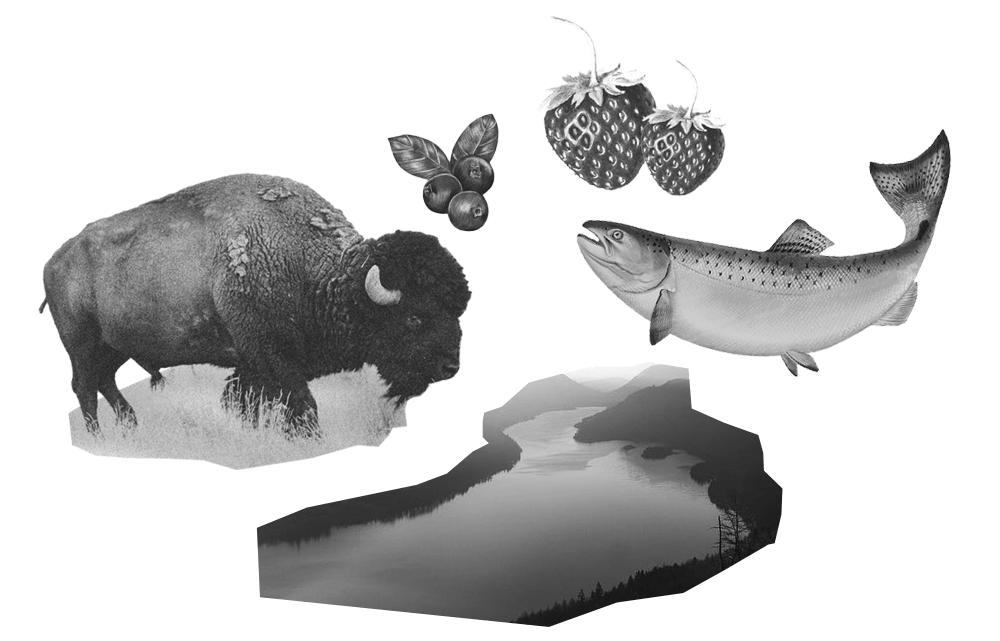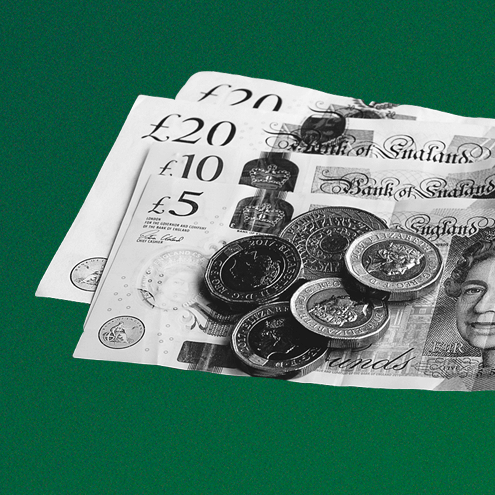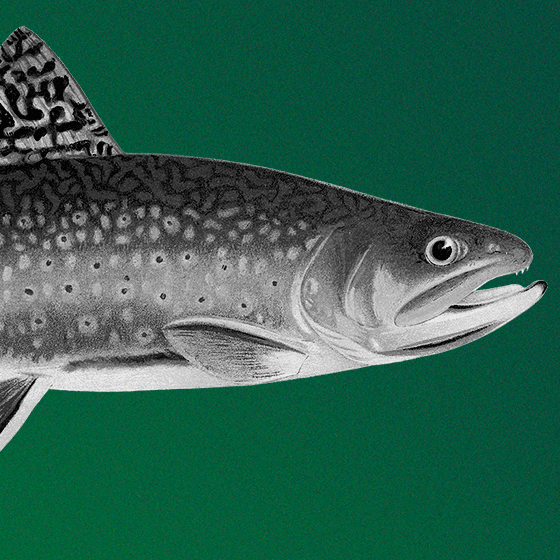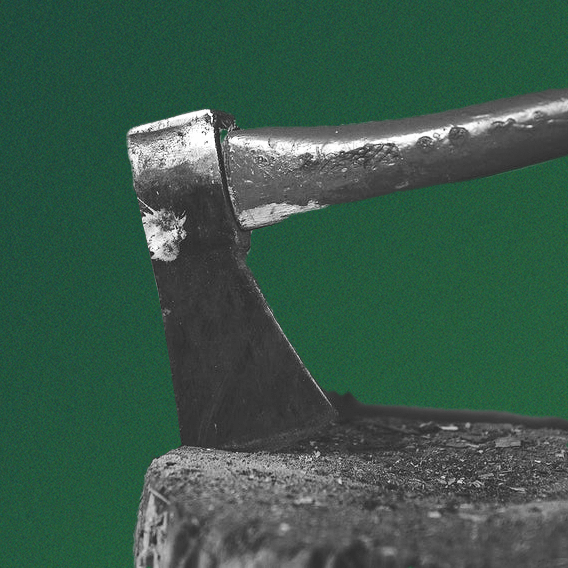Why Cash Back?
In Canada, the economy can’t be understood outside of the problem of land. This report is focused on cash and the different roles it has played in this colonial country.
It is the companion-analysis to Land Back and perhaps a less told story, though every bit as critical. In many ways, money has become the language of colonization itself.
Cash Back exposes how dispossession, debt, and discrimination has been constructed, created, and justified over the past 150 years.
PART ONE
How Canada Got its Economy:
A History of Economic Dispossession
PART TWO
Colonialism as Fiscal Policy:
Following the Money
PART THREE
How to Get That Cash Back:
Redress, Compensation,
and Restitution
SPECIAL FEATURES + RESOURCES
Corporate Colonialism
How corporations were set up to build intergenerational wealth and profit off of Indigenous land theft.
The Indian Trust Fund
Revealing the history of the Indian Trust Fund, and debunking myths and misconceptions about the fund.
An Oral History of First Nation Education Funding
A look at how education funding is 'socially engineered' and how this policy could evolve.
Mi’kmaw
Fishing Economies
A short analysis of Mi'kmaw fishing economies through the lens of Cash Back.
Community Resources
and Tools
Find all of the Cash Back-related accessible factsheets, comics, videos and more.
Glossary
Key terms and definitions used in
Cash Back
"...the more we live as Indigenous People, the more that we have, the more freedom that we have, the more we can envision the hope and the realization of our liberation as Indigenous People. And that is what is such a threat to the state, that is what is such a threat to the economy."
- Molly Wickham (Sleydo’): Cas-Yikh (Grizzly) house, Gidimt’en Clan of the Wet’suwet’en Nation, Ransom Economy Webinar



